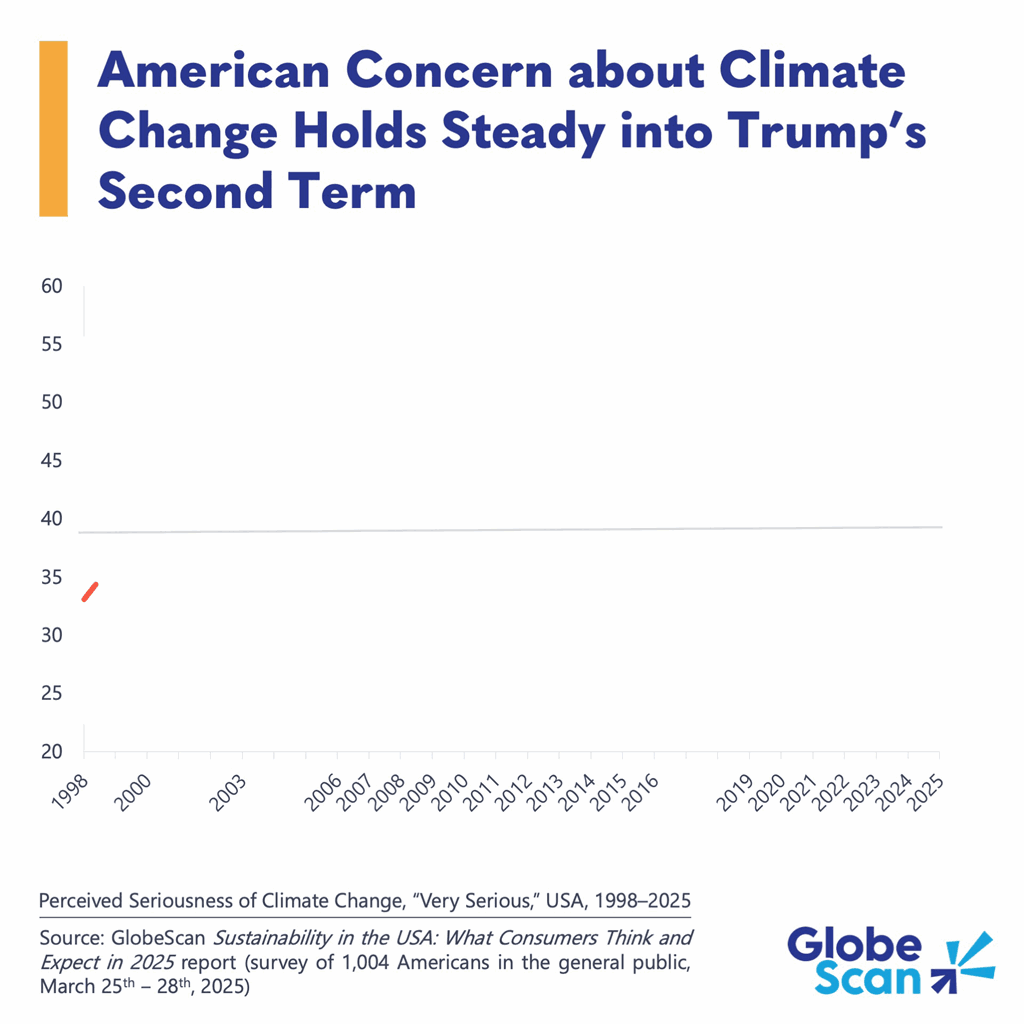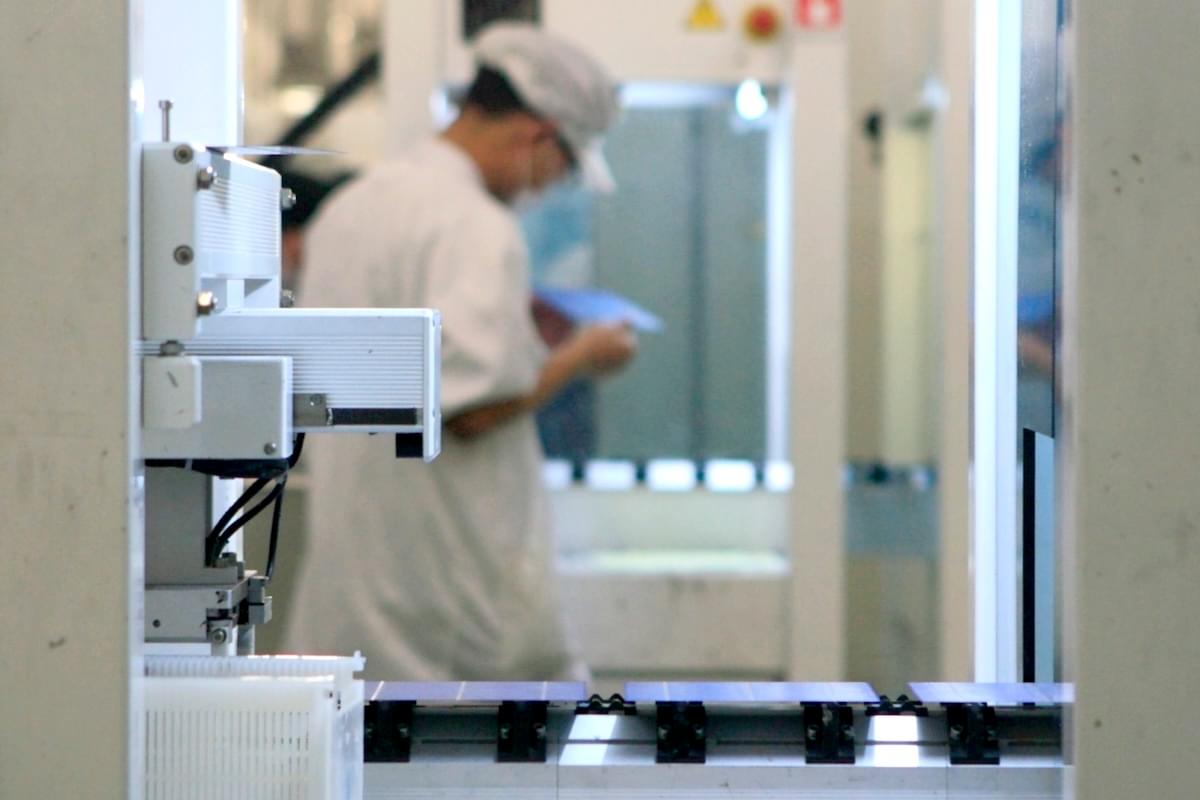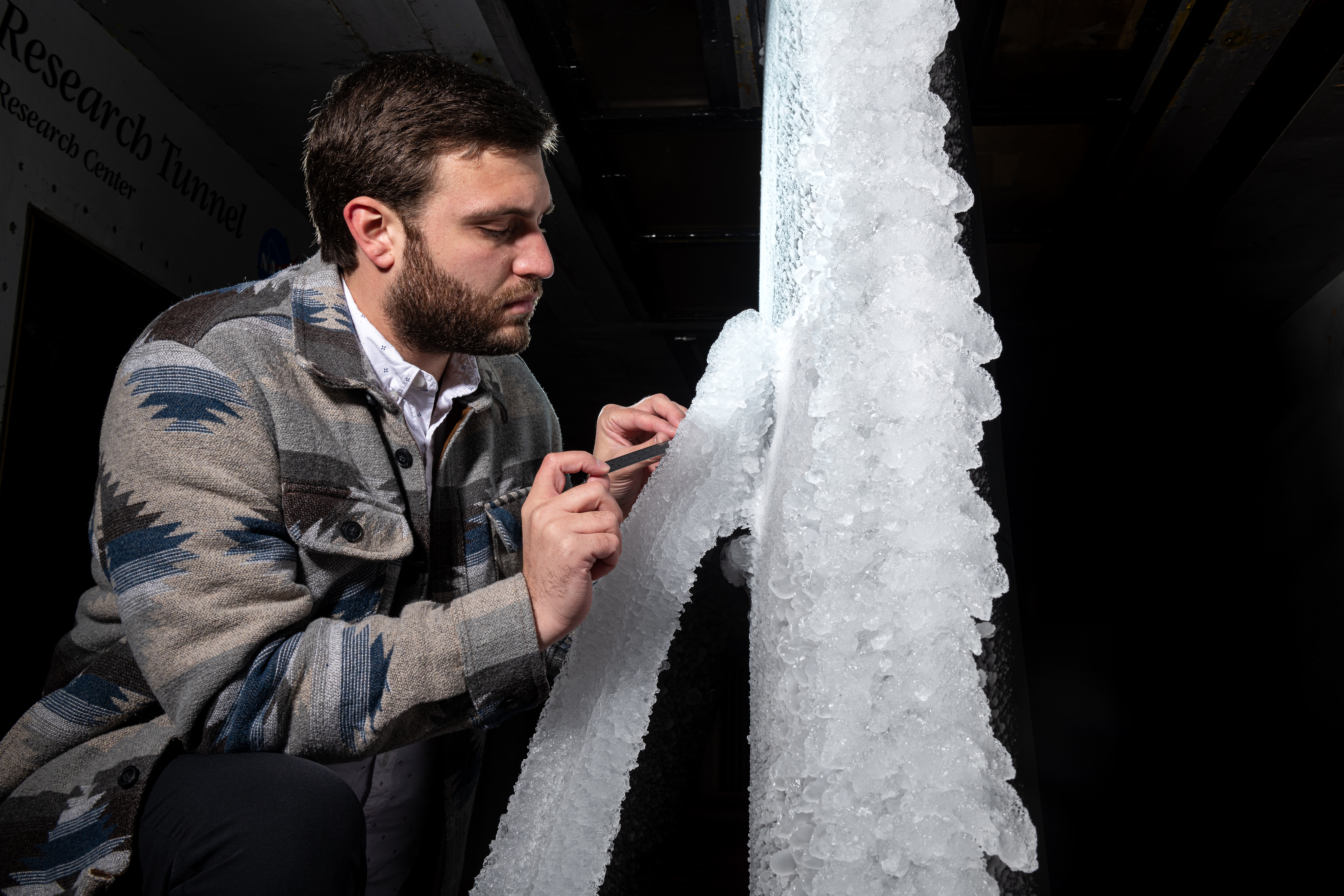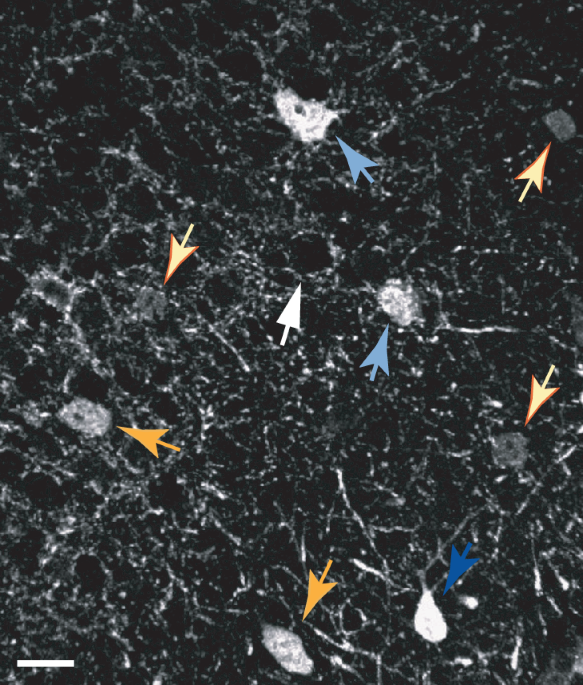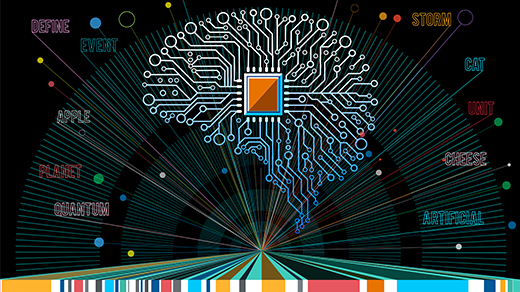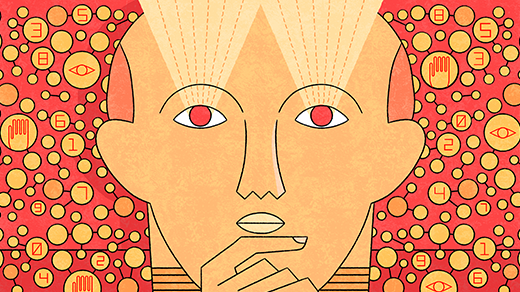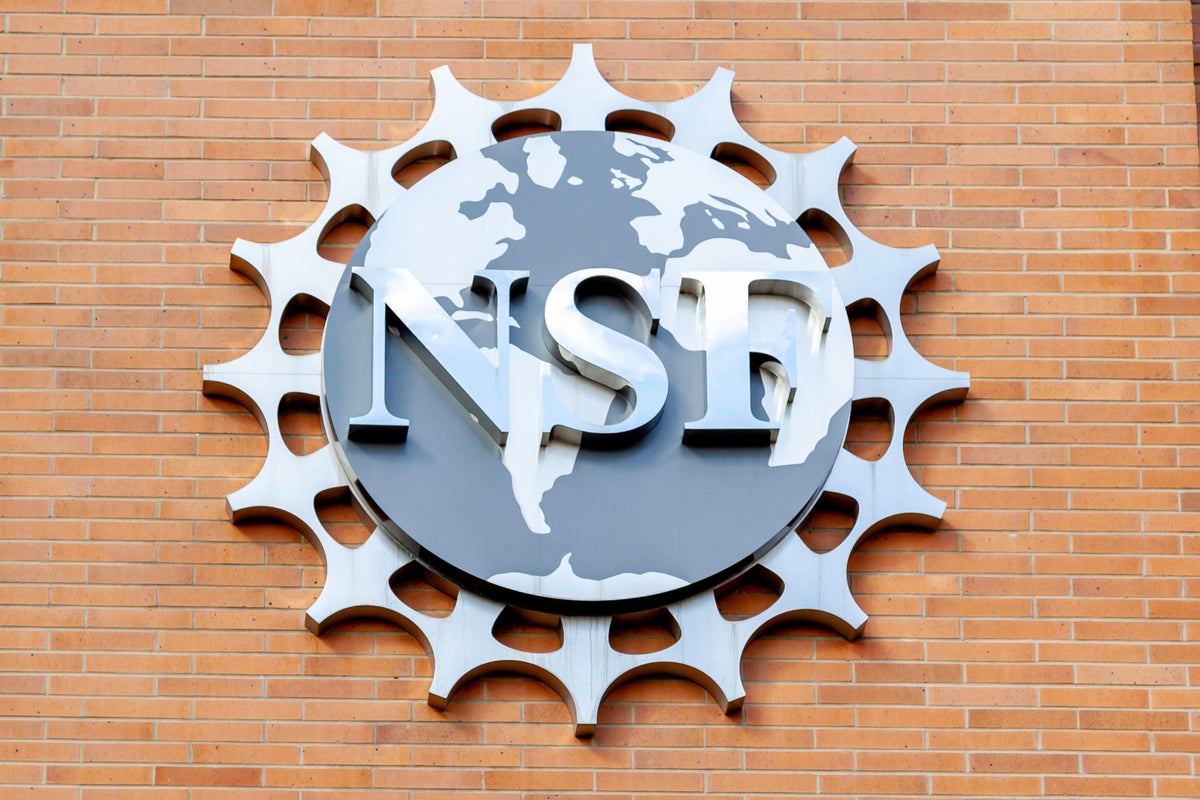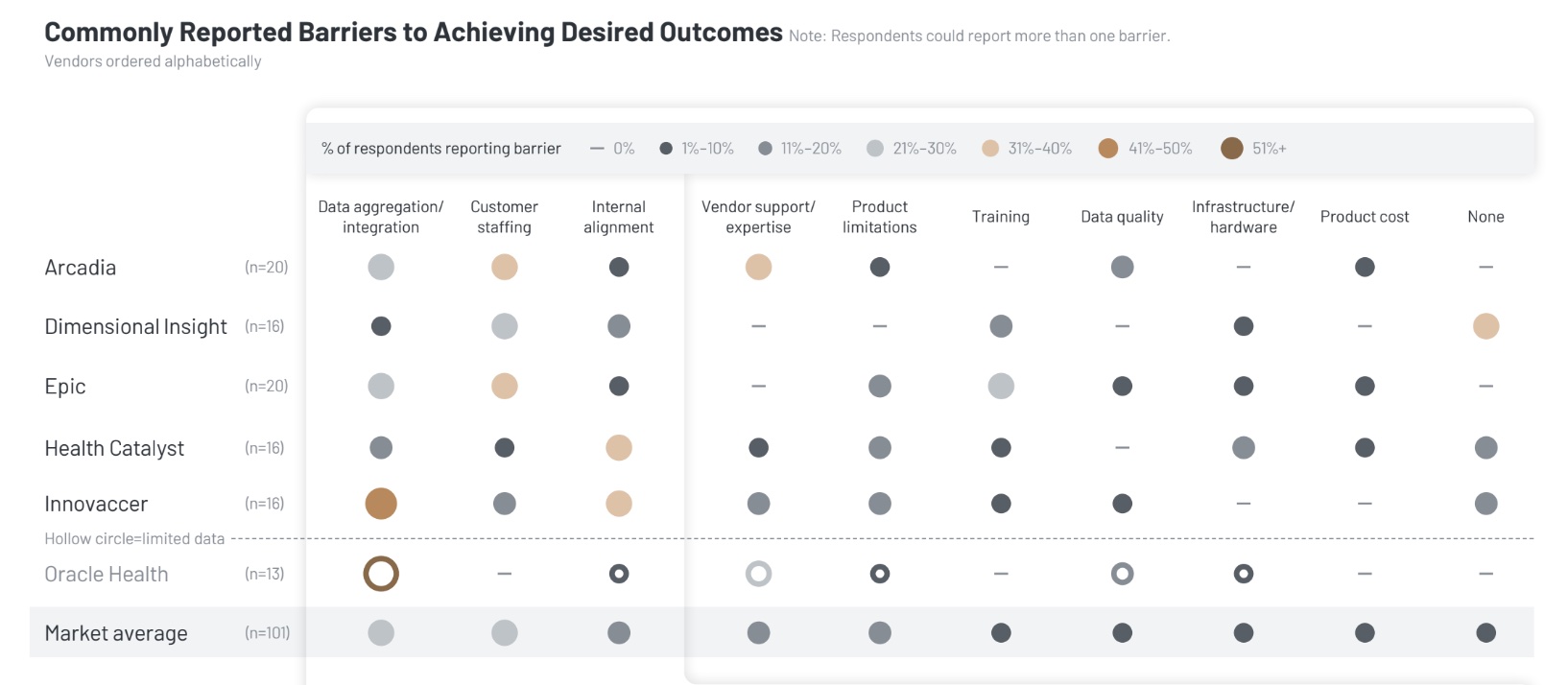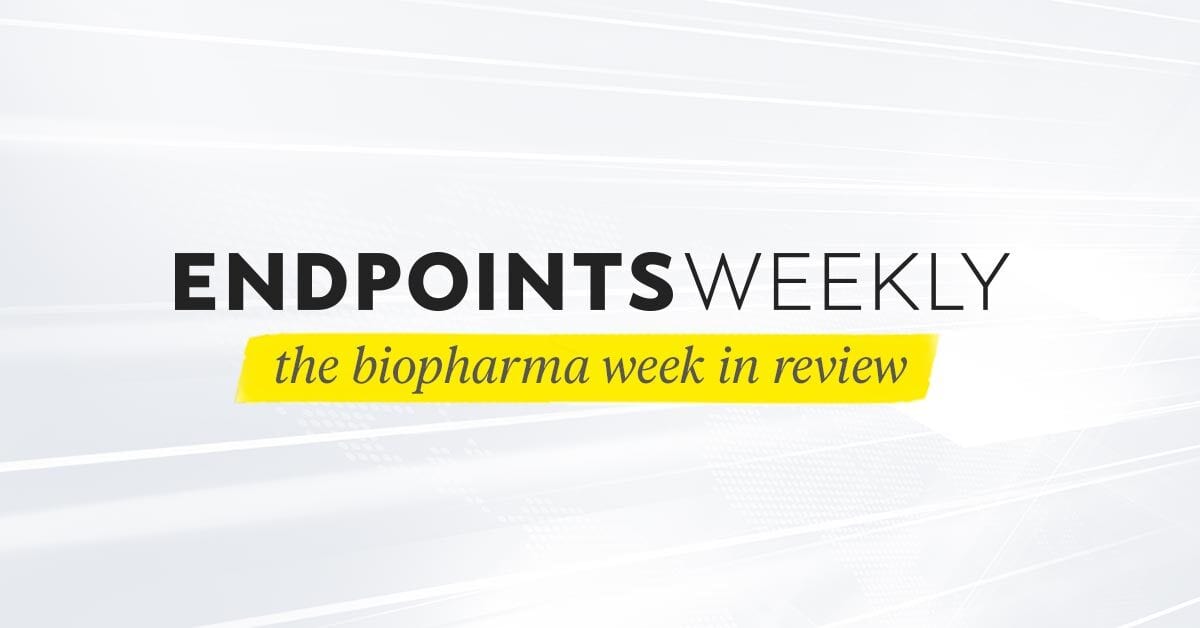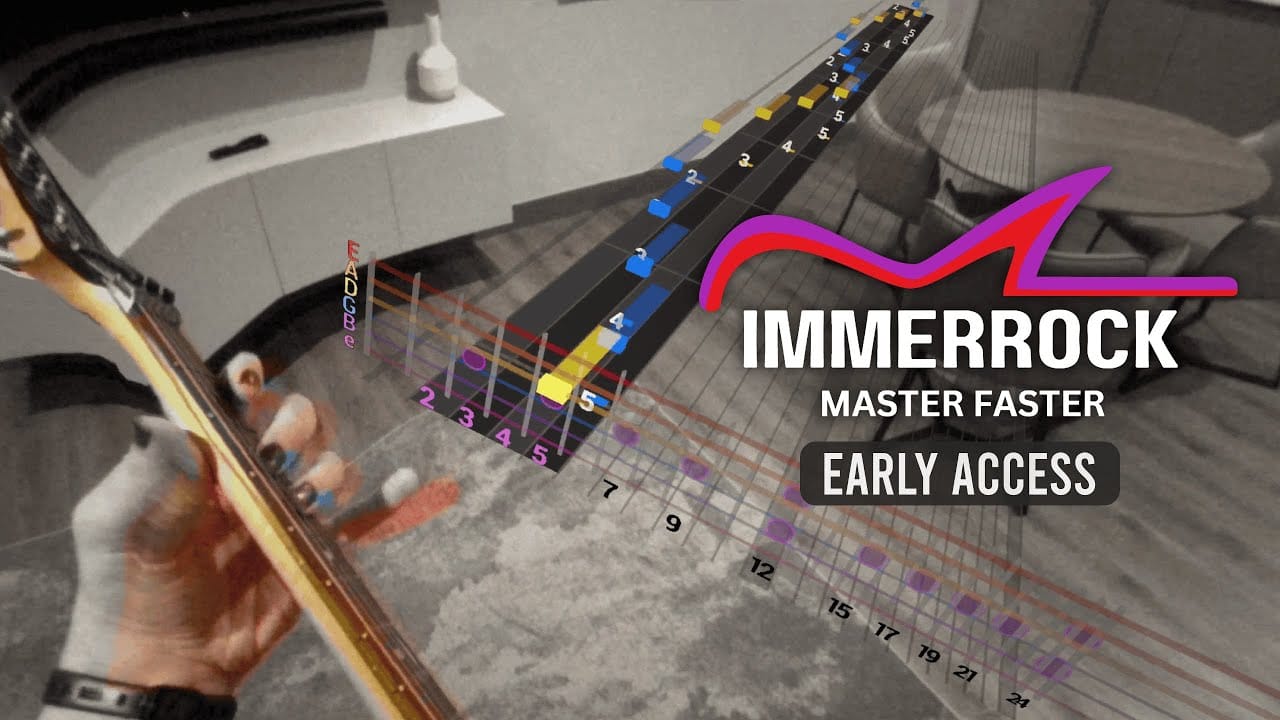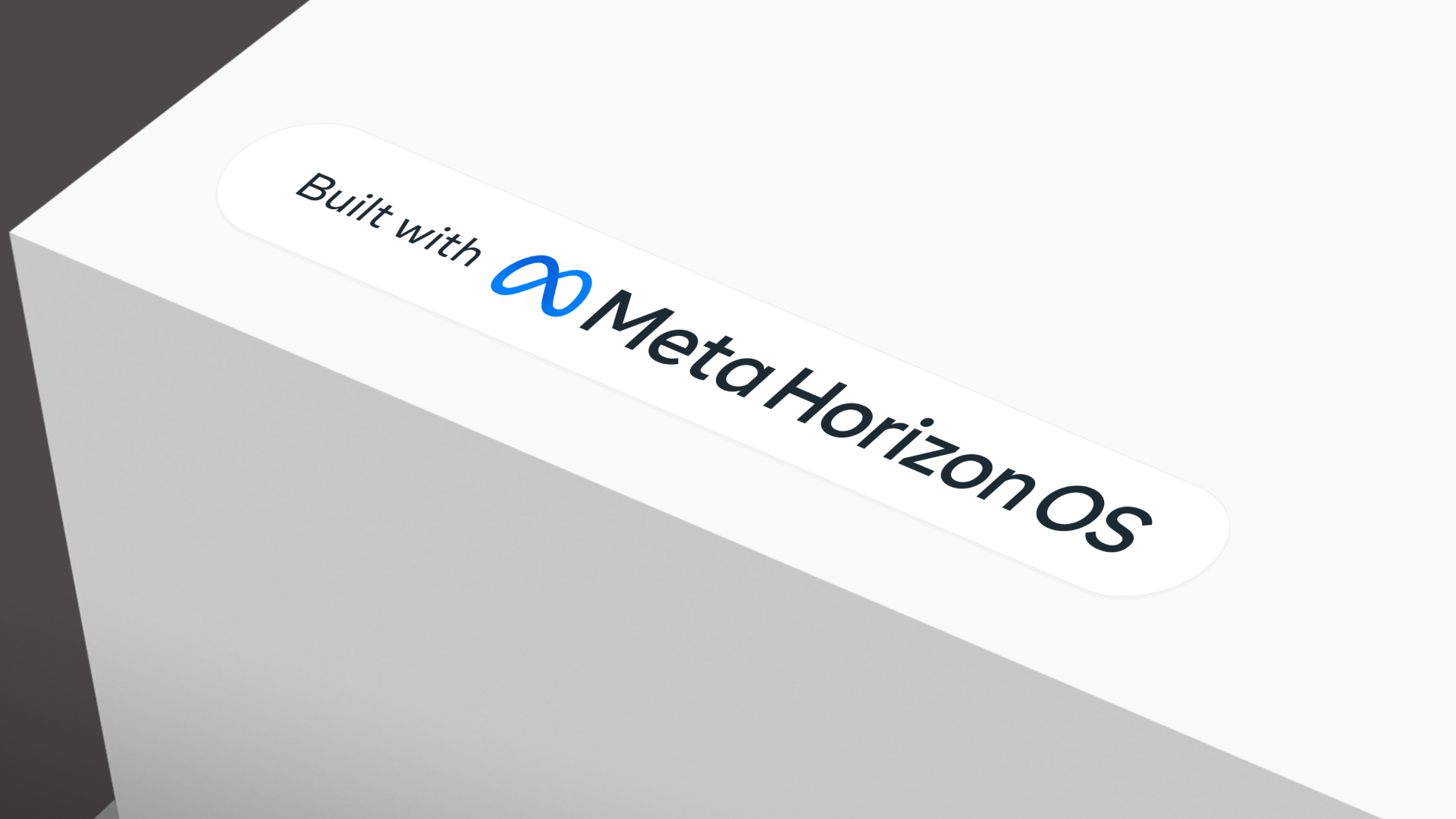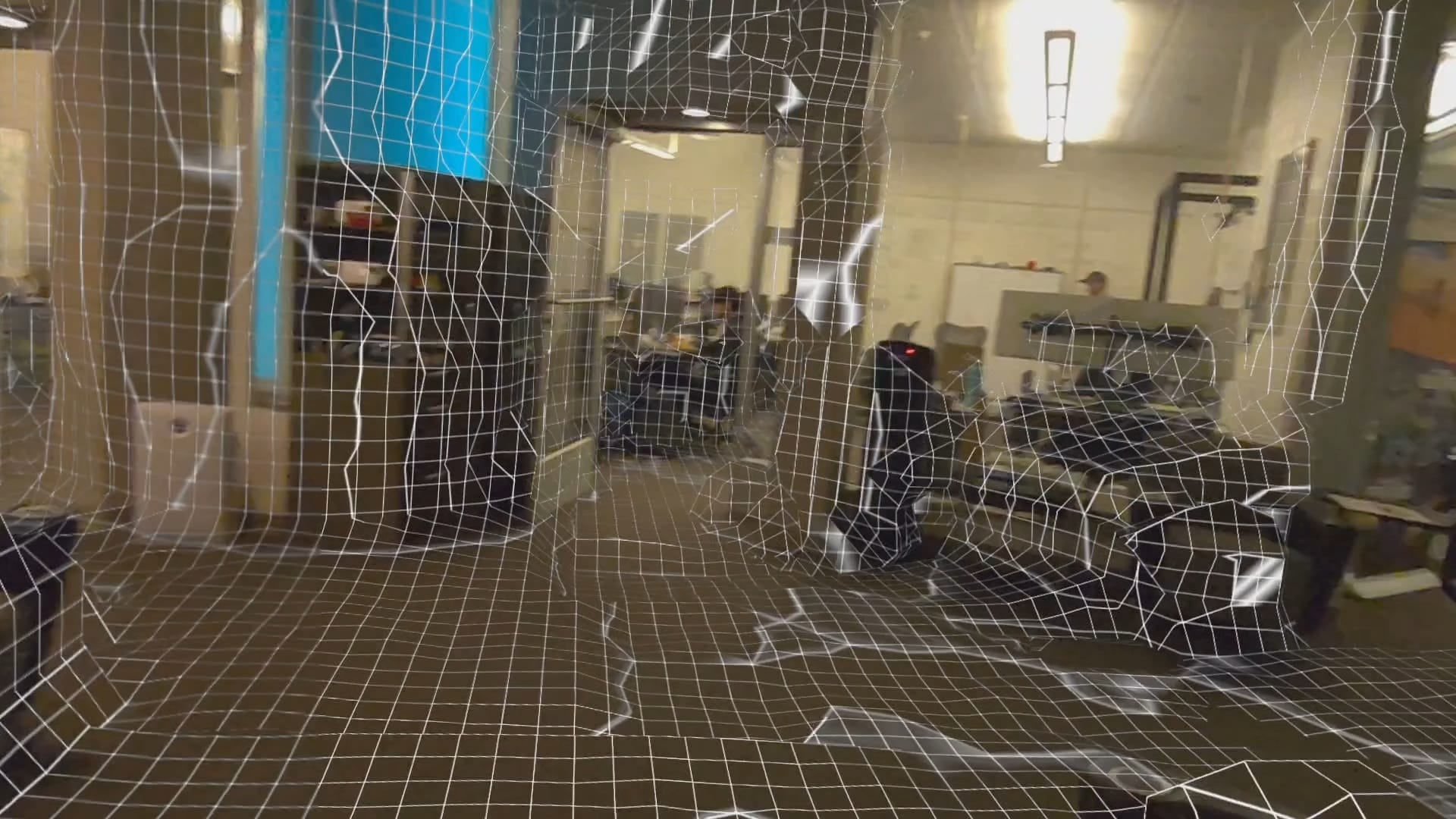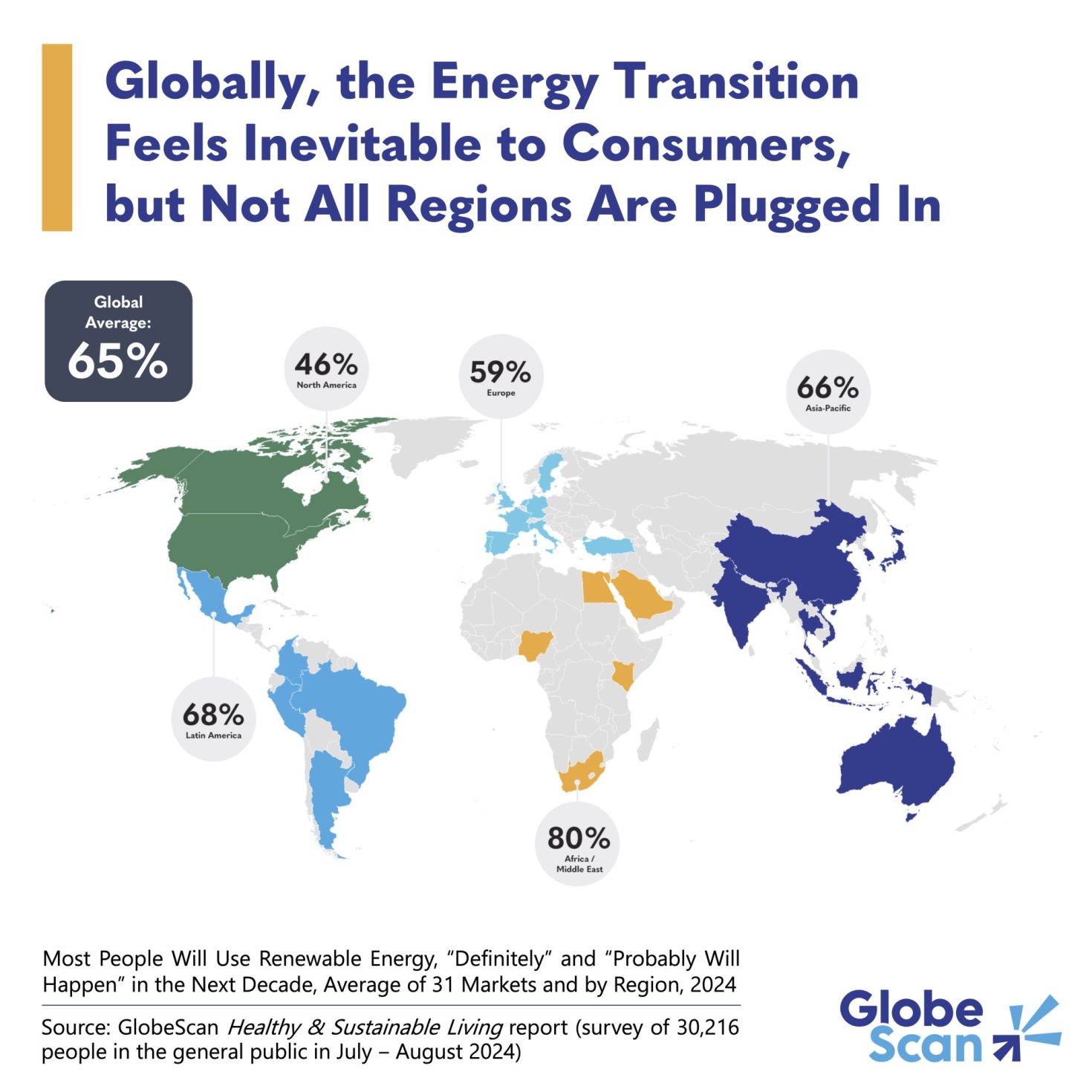Sutter Health Study Finds Ambient AI Reduces Documentation Time
What You Should Know: – An innovative ambient artificial intelligence (AI) platform holds significant promise for easing the burden of clinical documentation for healthcare providers, according to a new study from researchers at Sutter Health. – The research, led by Cheryl Stults, Ph.D., and published in JAMA Network Open, found that using the AI technology ... Read More
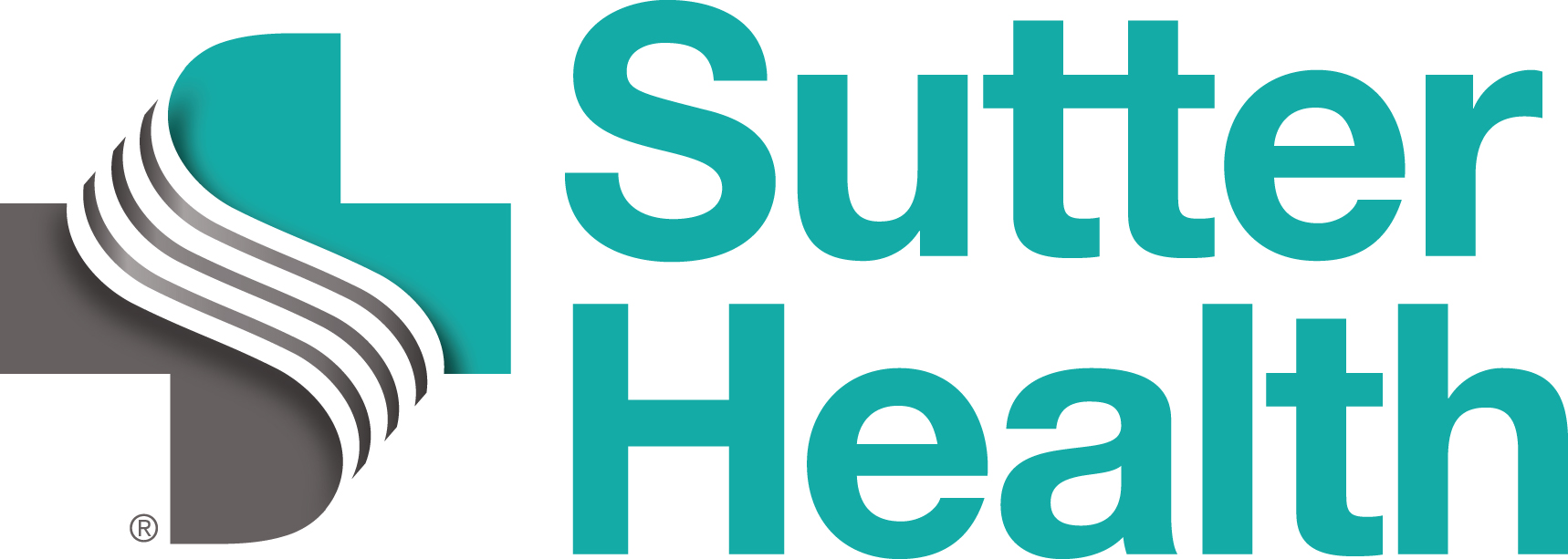
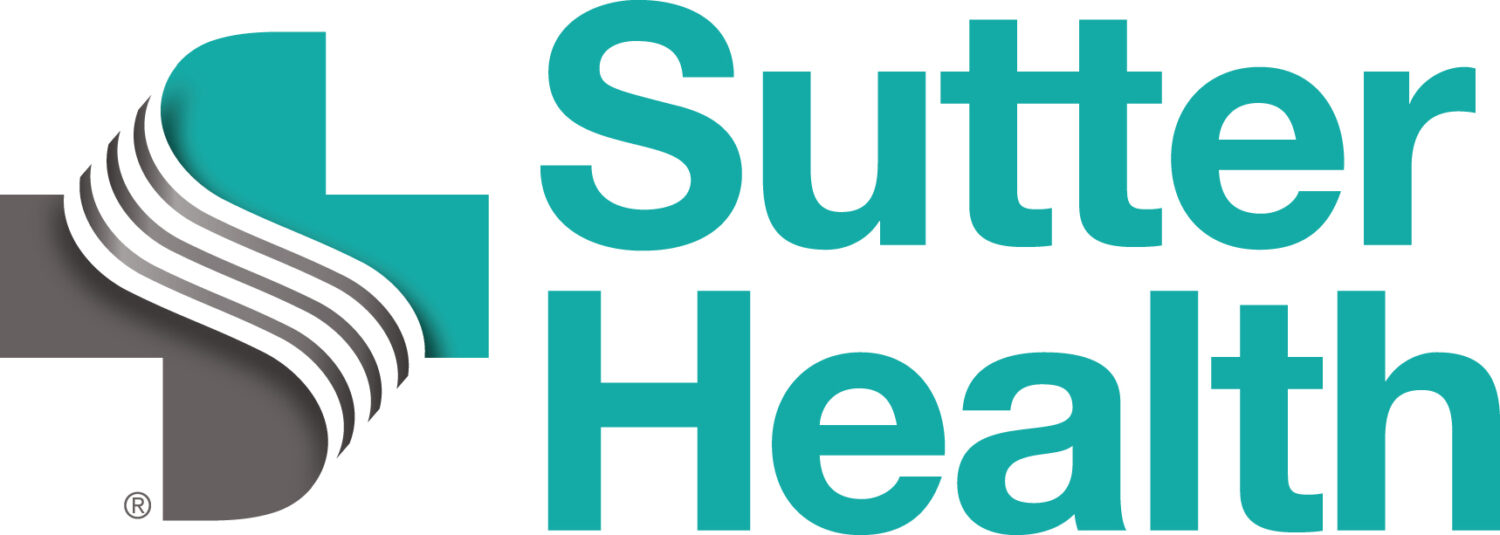
What You Should Know:
– An innovative ambient artificial intelligence (AI) platform holds significant promise for easing the burden of clinical documentation for healthcare providers, according to a new study from researchers at Sutter Health.
– The research, led by Cheryl Stults, Ph.D., and published in JAMA Network Open, found that using the AI technology led to notable reductions in documentation time and improvements in clinician satisfaction.
Significant Time Savings and Reduced Mental Load
Launched in April 2024, the study included 100 Sutter Health clinicians across a diverse range of specialties in Northern California. Researchers collected quantitative data on time spent in notes and survey data on well-being and satisfaction before and after the implementation of the Abridge ambient AI technology. The study evaluated the impact of an ambient AI platform, provided by the company Abridge, which listens to clinical visits and automatically generates organized progress notes.
Key findings revealed a statistically significant decrease in the average time clinicians spent on notes per appointment, dropping from 6.2 minutes to 5.3 minutes (p<0.001). Beyond time savings, clinicians also reported a marked reduction in the mental demand associated with their work, including feeling less rushed and perceiving documentation tasks as less difficult.
Boosting Job Satisfaction and Patient Presence
The use of ambient AI correlated with improved overall job satisfaction among participating clinicians. While not reaching statistical significance in this study, researchers also observed a reduction in burnout indicators (decreasing from 42.1% to 35.1%, p=0.12). One survey respondent captured the sentiment, stating, “I go home happy. It’s [bringing] back the joy of medicine – taking care of patients without the drain of doing clerical work.”
The benefits extended to patient interactions as well. “Ambient AI helps clinicians be more present with patients during their appointments, so they can focus more closely on their care,” said Veena Jones, M.D., senior author of the study and Sutter Health’s chief medical information officer.
Dr. Emily Conway, a cardiologist with Sutter Medical Group of the Redwoods who participated in the study, added, “Patients love it. They thank me at the end of each visit for spending so much time with them, when really it’s the same amount of time… Abridge will often capture something that I mentally screened out, but was actually the patient’s main concern. When patients see it in the summary, they really appreciate that I included it and feel more heard.”
Addressing the Documentation Burden
The study highlights ambient AI’s potential to address a critical issue in modern healthcare: the growing demands of electronic health record (EHR) documentation. This administrative workload, often extending outside regular clinic hours, is a major contributor to rising rates of physician burnout. Ambient AI offers a technological solution by automating note generation, freeing up clinicians to focus more directly on patient care during visits.














